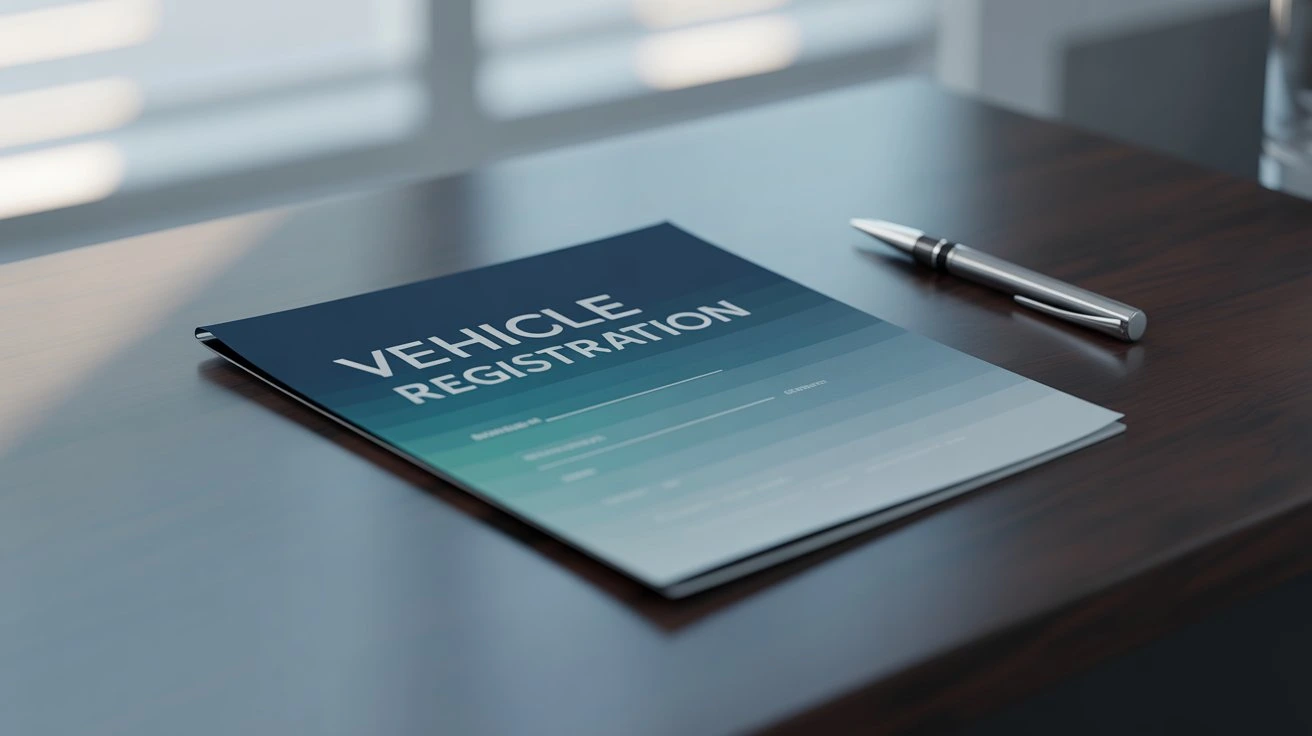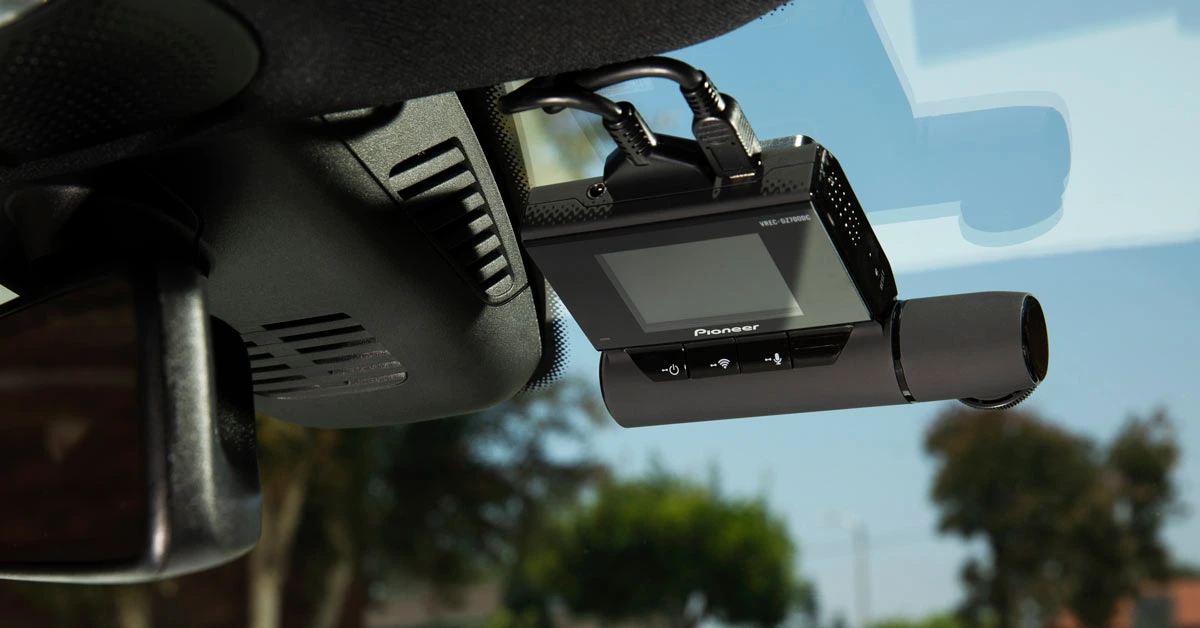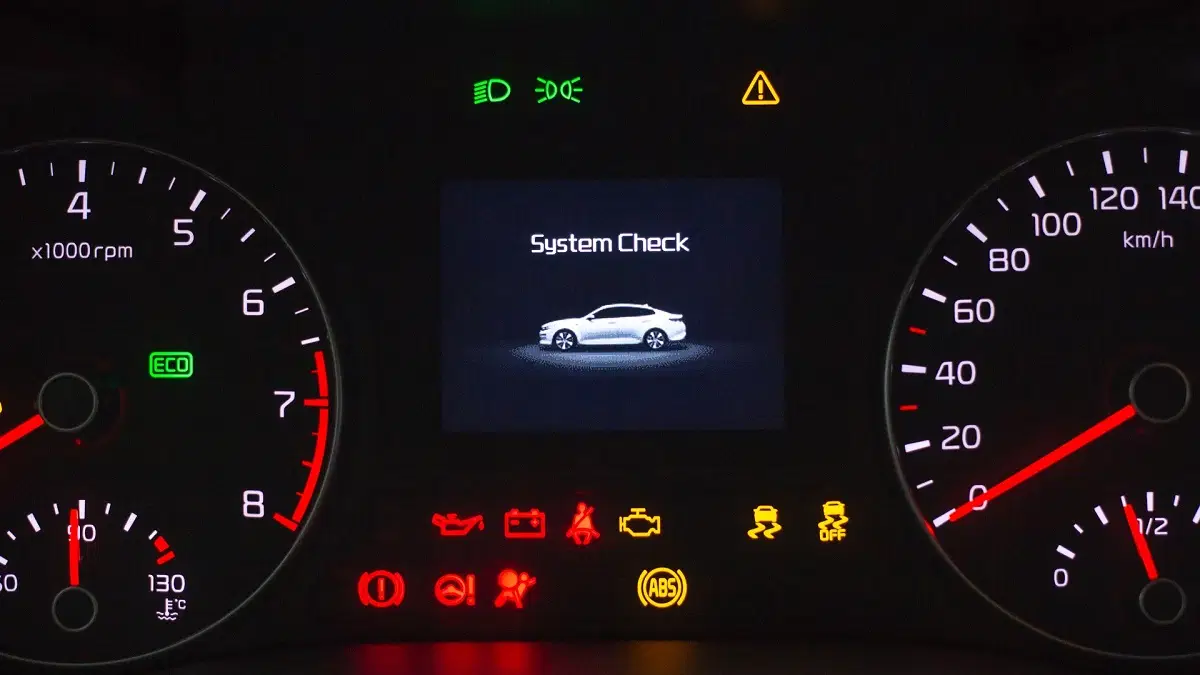
Table of Content
▼- What is Vehicle Registration?
- Types of Vehicle Registration
- Documents Required for Vehicle Registration
- Step-by-Step Procedure for Registration of Car
- Vehicle Registration Fees in India
- Renewal of Vehicle Registration
- Current Developments in Vehicle Registration in India
- Importance and Advantages of Vehicle Registration
- Conclusion
Vehicle registration is not merely a matter of complying with legal formalities — it's your key to driving smoothly on Indian roads. When you purchase a new car, two-wheeler, or commercial vehicle, it's logical to learn how to register a vehicle so that you can avoid trouble and sleep tight at night.
This exhaustive tutorial breaks down everything you need to know — ranging from documentation required to fee mechanism and recent developments — to get the process of vehicle registration to be effortless and easy.
What is Vehicle Registration?
Vehicle registration is the official process of enrolling your vehicle with the Regional Transport Office (RTO). Once registered, the vehicle is assigned a unique registration number, otherwise called the number plate, by which it is certified as conforming to Indian transport regulations.
Types of Vehicle Registration
There are two major types of vehicle registration:
Temporary Registration
Issued by the dealer at the time of purchase and is valid for up to 30 days. It allows time for completing permanent registration.
Permanent Registration
Permanent registration is given by the RTO situated in your residential locale.
Documents Required for Vehicle Registration
Below are the documents to be submitted for getting the vehicle registered:
- Form 20 – Application for registration
- Form 21 – Sale certificate of dealer
- Form 22 – Roadworthiness certificate of manufacturer
- Insurance Certificate – Valid motor insurance policy
- Pollution Under Control (PUC) Certificate
- Temporary registration certificate – Given by the vehicle dealer
- Form 34 – Applicable only when the vehicle has been financed on loan
- Proof of Identity – This may comprise a PAN card, Aadhaar card, passport, or a valid driving license
- Proof of Address – This may include an electricity bill, a voter ID, or a rental agreement
- Photographs – Passport-size photos of the vehicle owner
- Invoice – From the car dealer
- Customs Clearance – If the car is imported
Step-by-Step Procedure for Registration of Car
Go to the RTO
Go to the local RTO whose territorial jurisdiction your home falls under.
Fill Up Documents
Submit the application form with all necessary documents listed above.
Inspection of Vehicle
The vehicle is checked by the RTO officer to ensure engine and chassis number.
Payment of Fee
Make payment of the required registration fees and road tax at the RTO.
Issuance of Registration Number
On approval, an RTO issues a registration number.
Receive Registration Certificate (RC)
The Registration Certificate (RC) works as official proof that your vehicle has been registered.
Vehicle Registration Fees in India
Registration fee depends on the type and category of the vehicle. Here's how they split:
|
Vehicle Type |
Registration Fee (₹) |
|
Two-Wheeler (Motorcycles) |
300 |
|
Car/LMV (Non-Transport) |
600 |
|
Car/LMV (Transport) |
1,000 |
|
Three-Wheeler (Non-Transport) |
600 |
|
Three-Wheeler (Transport) |
1,000 |
|
Quadricycle (Non-Transport) |
600 |
|
Quadricycle (Transport) |
1,000 |
|
Medium Goods/Passenger Vehicle |
1,000 |
|
Heavy Goods/Passenger Vehicle |
1,500 |
|
Imported Car |
5,000 |
|
Imported Motorcycle |
2,500 |
|
Other Types (Miscellaneous) |
3,000 |
Renewal of Vehicle Registration
Registration of private (non-commercial) vehicles are valid only for 15 years from the date of issue, and thereafter it has to be renewed every 5 years. More frequent checks and renewals are conducted on commercial vehicles based on their fitness certificate validity.
For renewal:
- Fill Form 25
- Submit 60 days before the expiry
- Payment of applicable renewal fees and provide new insurance and PUC certificates
Current Developments in Vehicle Registration in India
BH Series Registration
For individuals who shift places frequently from state to state (central and state government officials, corporate personnel). It makes vehicle portability without re-registration in each state.
Standardized Number Plates
- Private vehicles: White background, black letters
- Commercial vehicles: Yellow background, black letters
- Temporary registration: Red letters on yellow background
- Note: According to the new RTO guidelines, use of fancy fonts and regional languages on number plates are not allowed anymore.
Online Registration Tracking
Various states have made online platforms available to track the registration status and download the RC online.
Premium or Fancy Registration Numbers
For those wanting to leave an impression, RTOs offer premium number options at additional rates. Some popular choices include:
- "0001" – ₹1,00,000
- Numbers "0002" to "0010", or "0786" – ₹50,000
- Recurring digits like "1111" or "7777" – ₹25,000
- Other numbers of preference – ₹15,000 or ₹5,000
These numbers are usually auctioned or kept on a first-come-first-serve basis.
Importance and Advantages of Vehicle Registration
Vehicle registration is more than just a legal formality — it is crucial for numerous reasons. Here's why registering your vehicle is essential:
- Legal Compliance – Vehicle registration authorizes you to drive lawfully on Indian roads.
- Ownership Evidence – Serves as proof of ownership, which is vital for resale or ownership transfer.
- Insurance Validity – A valid RC is mandatory to claim or even apply for motor insurance.
- Avoid Penalties – Unregistered vehicles may attract heavy fines, impounding, or towing.
- Loan Processing – Required when applying for a loan or financing options involving the vehicle.
Conclusion
Vehicle registration is a mandatory requirement of vehicle ownership. Even though the process seems complicated at first, knowledge of the right documents, fees, and procedures makes it easy. Whether it's a first-time buy or renewal of an existing registration, being compliant makes your travels hassle-free.
While reforms like the BH series and RTO portals online make the system better, it's becoming simpler to use. However, ensure you keep your vehicle registration documents safe and updated — they're not mere pieces of paper; they're your pass to safe and legal driving in India.
Karan Bhatia
Karan Bhatia is an automobile expert and reviewer with 8+ years of experience test-driving cars, bikes, and EVs. He provides honest, detailed, and practical reviews that highlight performance, design, safety, and value for money. His expert insights help readers make confident choices when buying their next vehicle.





_1771411501.webp)


